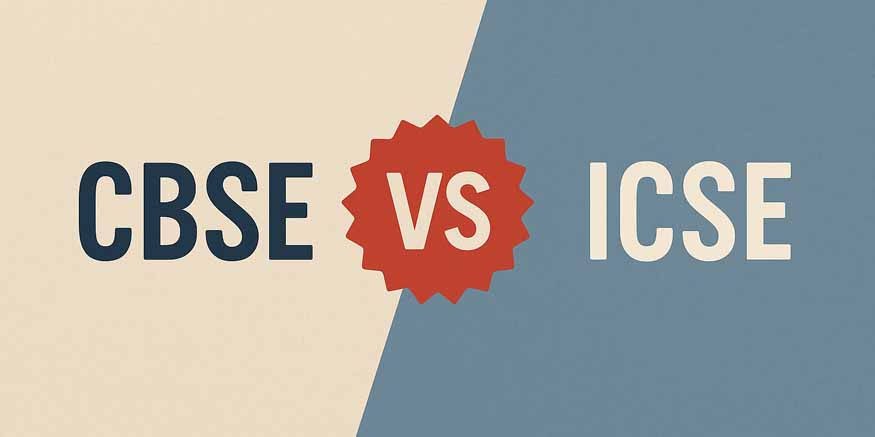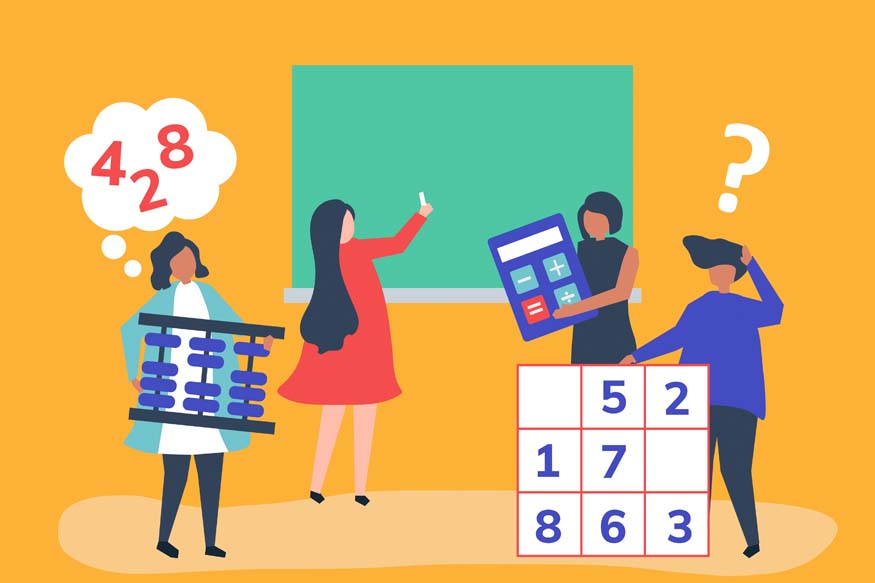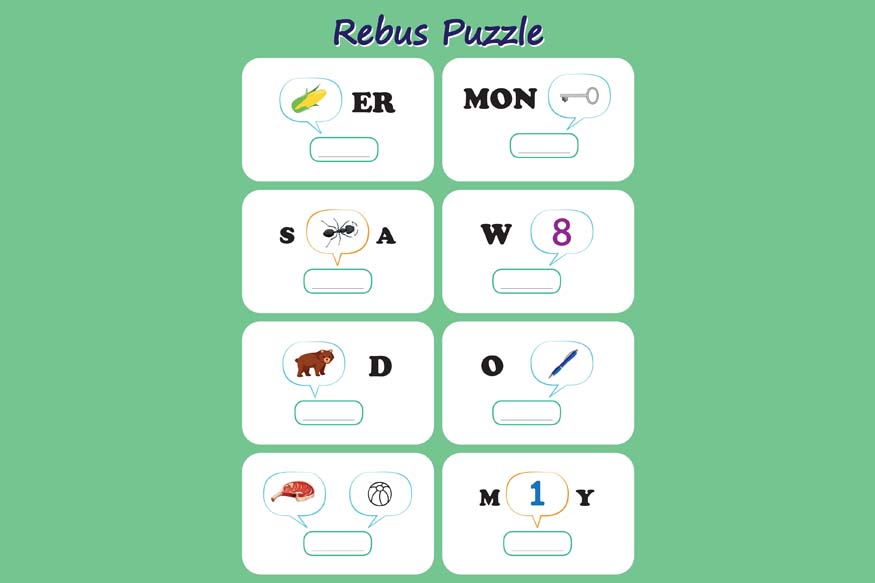Choosing the right educational board for your child is one of the most critical decisions parents face. The choice between CBSE vs ICSE can shape your child’s academic journey and prospects. It is essential to understand their unique features, advantages, and challenges. While both boards offer quality education, their approaches to curriculum, teaching methods, and assessments differ significantly. Parents must evaluate these differences based on their child’s learning style, interests, and aspirations.
What is the difference between CBSE and ICSE continues to puzzle many, as both boards cater to diverse academic needs and preferences. Understanding the ICSE vs CBSE syllabus, as well as the difference between CBSE and ICSE boards can help parents make informed decisions.
Comparing CBSE and ICSE Boards
- CBSE: Central Board of Secondary Education
- ICSE: Indian Certificate of Secondary Education
CBSE stands for Central Board of Secondary Education. Known for its standardised curriculum, CBSE is widely recognised for preparing students for national-level competitive exams like JEE and NEET. The board emphasises a structured approach, focusing on conceptual clarity and logical thinking, which are crucial for STEM subjects.
ICSE, or the Indian Certificate of Secondary Education, presents a more expansive syllabus. It incorporates a balance between science, arts, and humanities, fostering creativity and critical analysis. The board’s emphasis on practical application and in-depth learning helps students develop a comprehensive understanding of various subjects.
ICSE vs CBSE syllabus
CBSE’s syllabus is concise, allowing students to focus on core concepts. CBSE syllabus is particularly beneficial for families who relocate frequently, as CBSE schools are widely available across India. ICSE offers a more detailed and expansive curriculum. Subjects are covered in greater depth, which is ideal for students who enjoy exploring topics comprehensively. This approach, however, can sometimes overwhelm students who prefer a lighter academic load.

When considering the difference between CBSE and ICSE, it is essential to note their focus areas. CBSE leans towards mathematics and science, providing a strong foundation for technical education. ICSE emphasises literature, arts, and humanities, encouraging holistic development.
Key differences between CBSE and ICSE
The difference between CBSE and ICSE boards lies not just in their curriculum but also in their assessment patterns. CBSE assessments focus on theoretical knowledge and standardised testing. This approach benefits students preparing for competitive exams. ICSE evaluations incorporate project work and practical assessments, which nurture analytical and creative skills. Another crucial difference between the CBSE and ICSE boards is the emphasis on language. ICSE places a stronger focus on English proficiency, which can be advantageous for students aiming for global opportunities.
ICSE vs CBSE: Examination and evaluation process
The ICSE board places a strong emphasis on students’ conceptual understanding, clarity of thought, and articulate expression. The board is renowned for its rigorous and comprehensive educational approach, designed to evaluate students’ depth of knowledge across a broad spectrum of subjects. Additionally, ICSE exams place significant importance on language skills.
Students are expected to present their answers with proper structure, grammar, and vocabulary, ensuring they effectively communicate their understanding. The ICSE questions often require examinees to provide detailed explanations and demonstrate a high level of language proficiency, reflecting the board’s emphasis on analytical thinking and written articulation.
On the other hand, the CBSE board adopts a more straightforward approach to its examinations. Questions primarily focus on the direct application of critical concepts, making it easier for students to demonstrate their knowledge without extensive elaboration. CBSE integrates a balanced mix of subjective and objective questions, providing a clear and concise evaluation framework.
Recently, CBSE has introduced more competency-based questions, promoting practical application and real-world problem-solving. Unlike ICSE, CBSE evaluations focus on clarity and accuracy over in-depth presentation and analysis. This distinction highlights a significant CBSE & ICSE syllabus difference, particularly in their examination and assessment philosophies.
The decision between ICSE vs CBSE ultimately depends on your child’s preferences and goals. Parents of STEM-oriented students may find the advantages of the CBSE board more aligned with their child’s aspirations. Conversely, those looking to foster holistic development might lean towards the advantages of the ICSE board. It’s also vital to consider factors like the school’s teaching quality, extracurricular opportunities, and accessibility.
Choosing between CBSE vs ICSE is a process that involves careful thought and consideration. Each board has its strengths and challenges, and the ideal choice depends on your child’s unique learning style and future ambitions. While CBSE’s streamlined approach emphasises conceptual clarity, ICSE’s expansive syllabus nurtures creativity and analytical skills.
At Center Point School, we strive to provide an educational environment that blends the best aspects of both boards. Our curriculum incorporates innovative teaching methodologies, ensuring that students benefit from the advantages of the CBSE board while also embracing the creative and analytical learning encouraged by ICSE. By fostering a balanced approach, we equip our students to excel academically and thrive in a dynamic world, ensuring they are ready to face any challenge with confidence and integrity.





